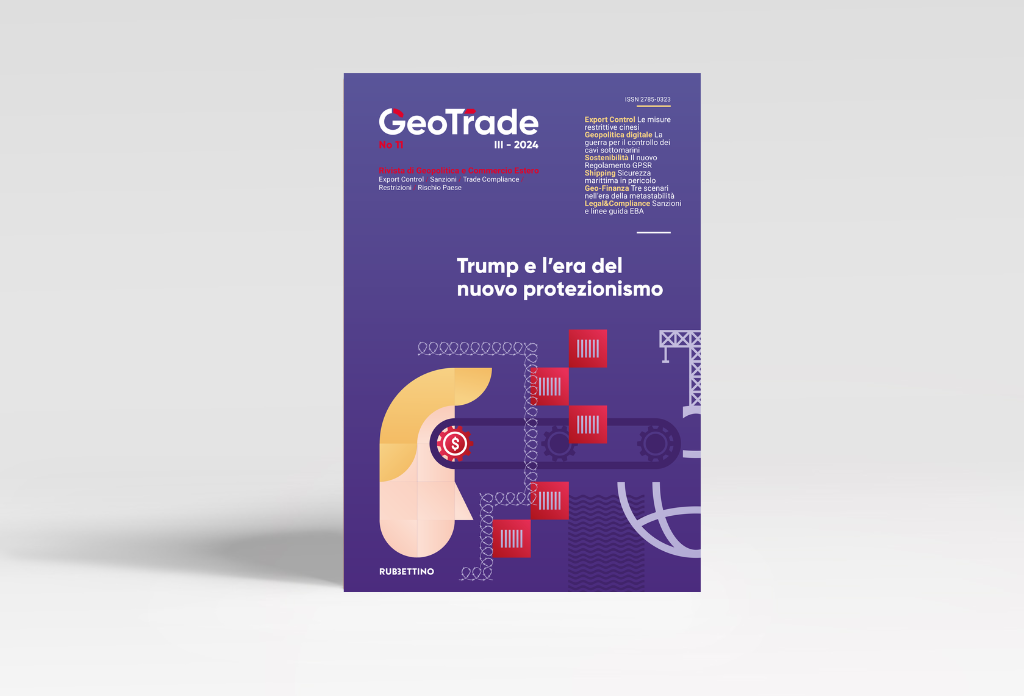U.S. economic sanctions in a globalized financial system

Di Emidio Cocozza e Michele Savini Zangrandi, economisti Banca d’Italia
Economic sanctions have long been part of U.S. foreign policy: the country’s unrivaled economic power allows the pursuit of strategic goals through economic coercion, sparing the use of force. The expanding use of sanctions is evident both from the growing number of measures deployed and the increasing complexity of the sanctions framework. As the world grew more integrated, the U.S. moved away from “comprehensive”, country-based measures, towards list-based or “smart” sanctions, targeting specific individuals, entities and/or organizations.
The U.S. also increasingly tends to act unilaterally, asserting greater authority beyond its borders. While the U.S. economic weight has declined, the world still heavily depends on its currency. As nearly all dollar transactions are channeled through U.S. financial institutions, the U.S. can claim jurisdiction on persons and events well beyond its borders. The argument is territorial: in what has become known as “correspondent banking jurisdiction”, a dollar-denominated transaction cleared through the U.S. financial system is considered an export of a service.
Secondary sanctions expand the reach of U.S. enforcement further, as they ban domestic entities from interacting with third states parties in economic ties with primary sanctions targets. The increasing complexity and pervasiveness of the U.S. sanctioning apparatus is a source of concern. Aggressive pursuit of sanctions violators demonstrates the willingness of the U.S. to weaponize its strategic position. Risks from this strategy are however evident.
The weaponization of the global financial system creates an additional, direct, channel between geopolitical tensions and the financial sector. As the use of sanctions intensifies, financial intermediaries are increasingly likely to find themselves on shaky ground, caught in regulatory uncertainty or retaliatory spirals.
For the international community, the most distressing feature of U.S. sanctions is their broad geographical scope. Extraterritoriality derives both from some features of the regulations and from the wide reach of U.S. enforcement.
(…)
Per vedere il video introduttivo all’articolo CLICCA QUI
Per richiedere di ricevere l’articolo completo scrivi a: segreteria@aworldofsanctions.org
L’articolo “On shaky ground. U.S. economic sanctions in a globalized financial system” è pubblicato nel III report AWOS su sanzioni internazionali, export controls, restrizioni commerciali e rischio paese.


